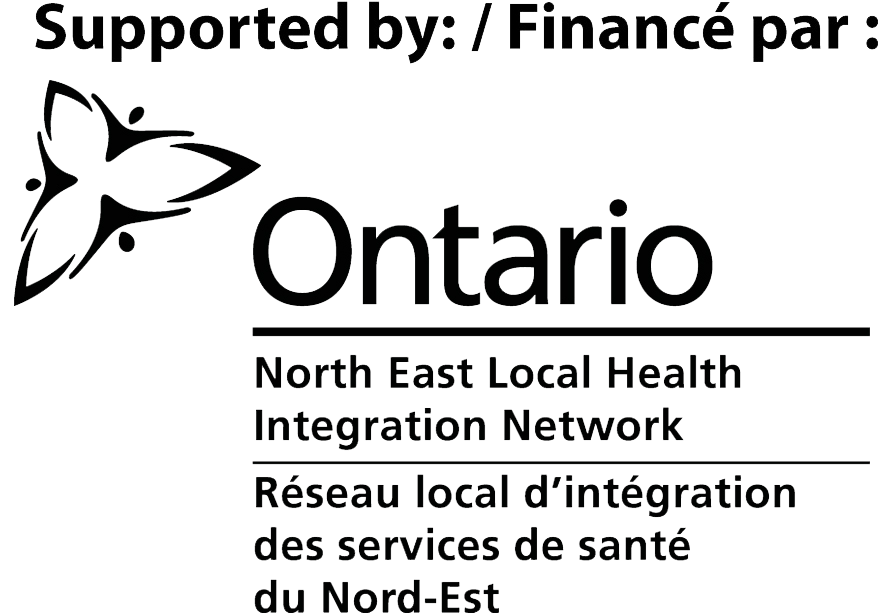When a Loved One is Dying
Dying is a natural and inevitable event. However, fear of the unknown is often much worse than reality.
The last hours of life are often the most remembered by families and caregivers alike.
The following information will serve to ease anxieties and help individuals cope during this difficult time.
Signs of Dying…
It is important to remember that not every dying person will experience ALL of these signs. These are indications that the body is entering the final stages of life.
The Dying Person May…
- become restless (pull at bed linen)
- become confused and not recognize familiar individuals or surroundings
- lose his/her appetite and have difficulty swallowing
- lose bowel or bladder control
- sleep more
- have shallow, irregular breathing
- make “gurgling” and/or moaning noises
Comfort Measures…
- talk calmly and quietly, explain all care
- offer small meals, sips of fluids
- moisten mouth frequently
- reposition from side to side often
- keep warm as needed
- keep head of bed elevated slightly
- massage skin with lotion frequently and with every change in position
- sit down and hold the person’s hand
When Death is Near…
The signs indicating that death is near are almost always the same. Occasionally, death may be sudden due to heart failure or bleeding but usually the terminally ill individual becomes progressively weaker and less conscious. As the time of death approaches, the body begins to show some visible physical changes.
The arms and legs appear pale and feel cool to the touch. The individual may begin to sweat excessively, especially at night. There may be a mottled, bluish discolouration to the underside of the body.
Breaths become increasingly shallow with occasional deep sighs and periods where there is not breathing.
The individual becomes less and less responsive. The eyes may be fixed in a stare and remain open or closed. Finally, the individual is entirely unresponsive, breathing ceases and the heart stops beating.
Programs
Referrals are accepted directly from physicians, individuals, caregivers, health care professionals and clergy. The client and family must be aware of the referral and desire our services.
For more information call 267-3434 and leave a message.

